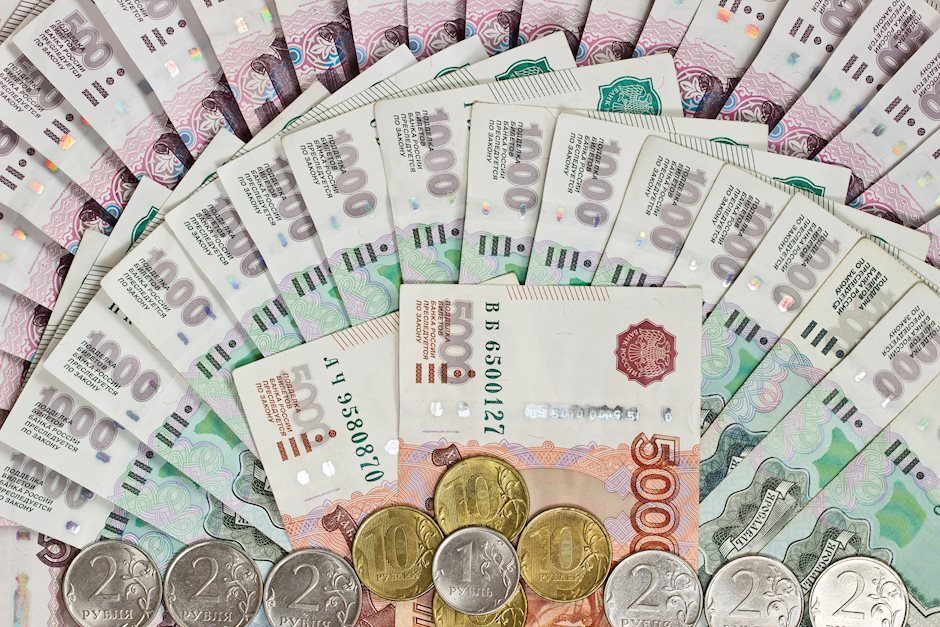Research Russia: Expect serious market disruptions if a war breaks out

Crucial talks to de-escalate the tensions between Russia and Ukraine have kicked off. But early optimism from bilateral talks between Russia and the US is quickly fading as it is ever more apparent that the parties remain far apart on key issues.
In the event of a contained military de-escalation in Eastern Ukraine, we think the US and the EU would likely impose sanctions related to exports and targeting Russian individuals and businesses. In this case, we expect the negative market reactions to be relatively short-lived, as long as the West abstains from the most extreme measures, such as removing Russia from SWIFT.
In the unlikely event of a full-blown war where Russia attempts to seize control of the whole of Ukraine, we would likely see substantial flight-to-safety flows, RUB depreciation, and disruptions in the gas market. In this case, Russian exclusion from SWIFT is possible, with devastating economic repercussions.
Political background: What is happening?
Since early November, Russia has been enforcing its military presence at the border of Ukraine and is pressing the West with a list of demands, published on December 17. Russia has deployed more than 100,000 troops at the Ukraine border, and the estimated time it needs to prepare a military response, should the talks fail, has been estimated at 1-2 weeks. Hence, the ongoing dialogue between Russia and the West is crucial. We are not confident that a deal can be reached but we also do not expect a full-blown war.
The first round of bilateral talks between Russia and the US ended on a cautiously positive note but this optimism is already fading. After Russia’s consultations with NATO on Wednesday and their meeting with the members of the Organisation for Security and Cooperation in Europe (OSCE), it is ever more apparent that the two sides stand far apart from each other on key issues. The US has refused to discuss the issue of NATO expansion, while Russia insists that the possibility of Ukraine joining NATO would be ‘crossing the red line’1. Russia does not seem content with the offer by the US to discuss weapons positioning and military exercises in Europe, which it calls ‘secondary’ matters.
As of now, the date to continue talks has not been set. Earlier this week, Russian Deputy Foreign Minister Ryabkov said that Russia was not prepared to wait for weeks or month, but on Thursday, another Russian representative for the talks, Alexandre Grushko said Russia has made no decision yet on whether to continue negotiations, as they await written proposals from the alliance. NATO’s Secretary-General Jens Stoltenberg has confirmed that Russia was not ready to commit to a schedule. As uncertainty mounts, time is not on Russia’s side if you consider their negotiation power: 1) Europe’s reliance on Russian gas will become less of a factor after the cold winter period, 2) conditions for any military operations in Eastern Ukraine will become more challenging as the weather gets warmer and the soil turns muddy.
Author

Danske Research Team
Danske Bank A/S
Research is part of Danske Bank Markets and operate as Danske Bank's research department. The department monitors financial markets and economic trends of relevance to Danske Bank Markets and its clients.

















